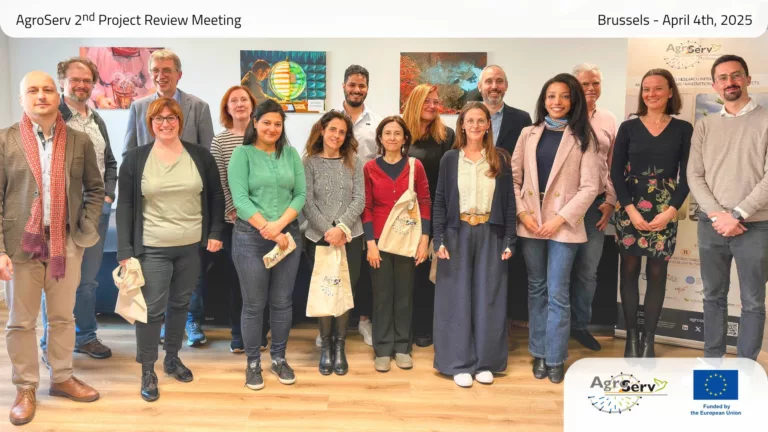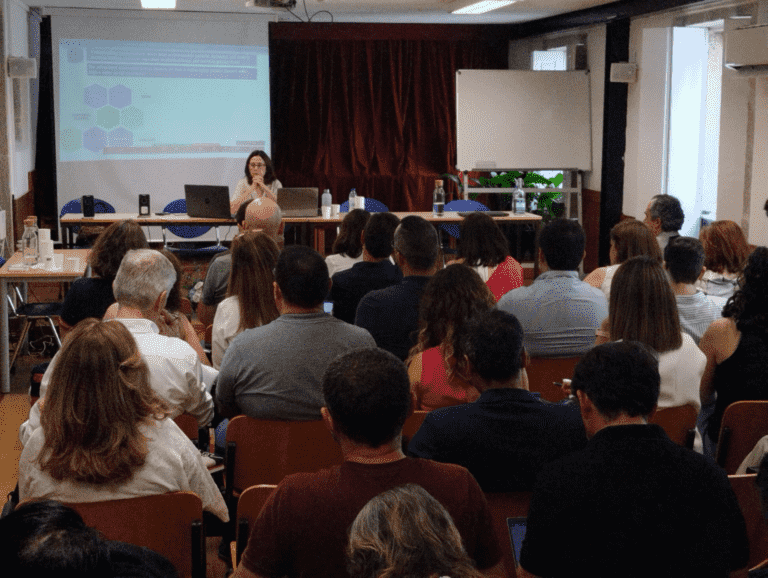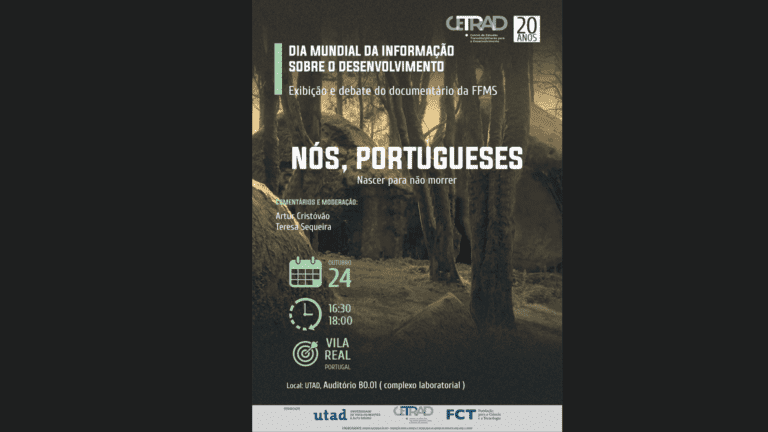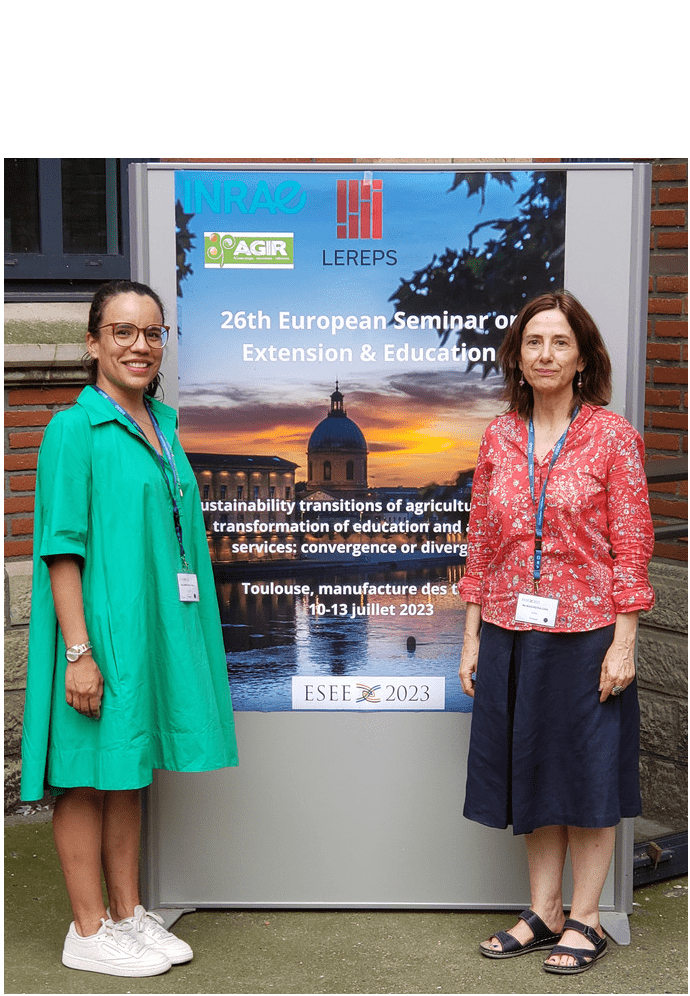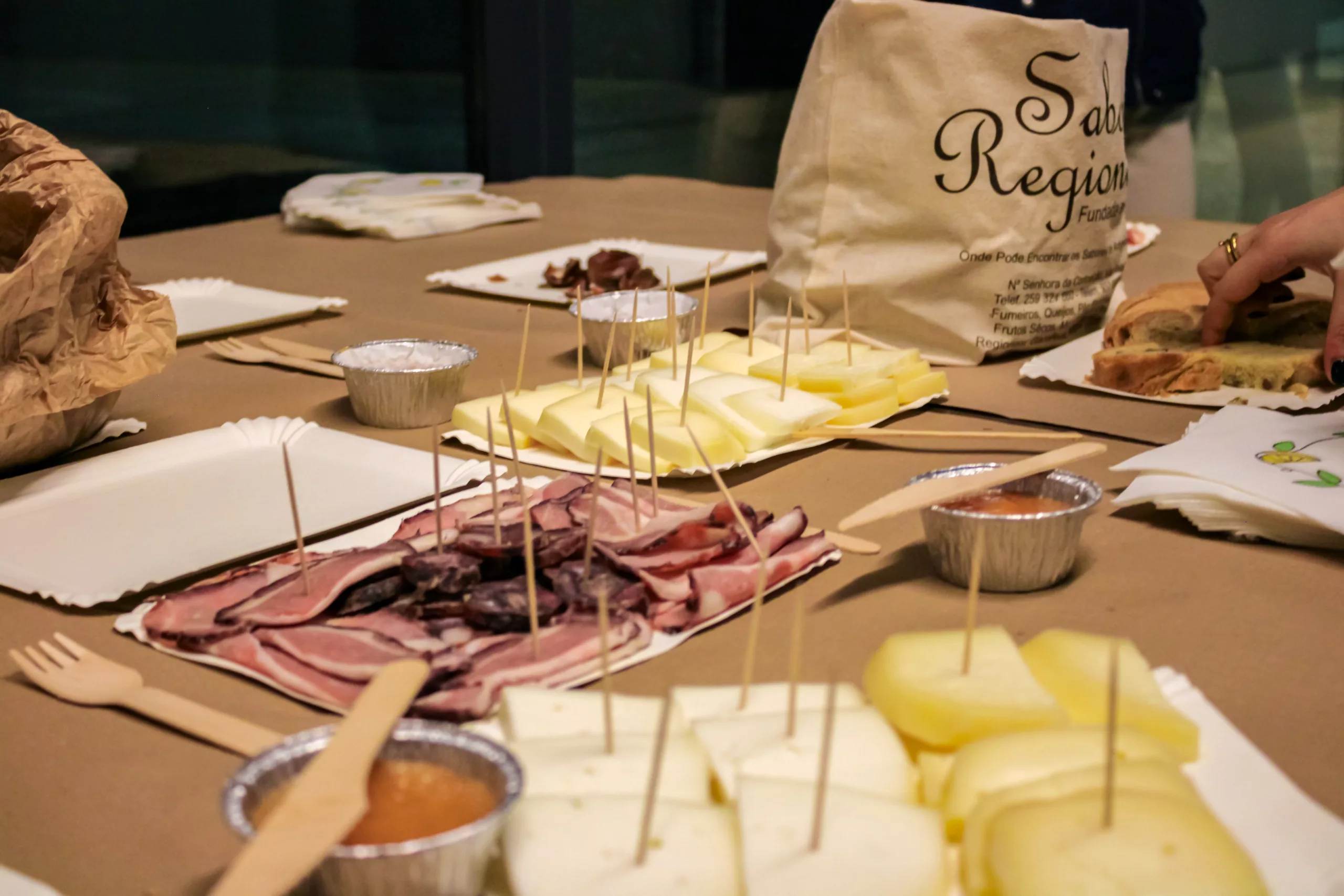
The 3rd Seminar “Territory-Based Food Strategies: Trends and Initiatives to Combat Food Waste” took place on November 13, 2025, bringing together around 100 participants both in person and online. The event was organized by the Coordination of the PhD Program in Agribusiness and Sustainability, in collaboration with CETRAD, and in partnership with the Portuguese Association of Agricultural Economics (APDEA) and Alimentar Cidades Sustentáveis – Associação (ACSA).
After the institutional welcome session, the program featured two panels of presentations followed by open debate, with contributions from experts across different fields related to food systems, public policy, sustainability, gastronomy and territorial development. The seminar welcomed Silvia Scaramuzzi (University of Florence), Ana Barros (UTAD/CITAB), Susana Gaspar (GPP), Paula Ferreira (Refood), António Loureiro (aCozinha Restaurant – Michelin Star), Rafael Oliveira (consultant and PhD candidate in Agribusiness and Sustainability), Luisa Pires (CORANE), Jorge Azevedo (UTAD, PECT) and Rita Beltrão Martins (author of the Bread Guide in Portugal).
The event represented the continuation of a collaborative effort developed by multiple institutions, focused on identifying trends and initiatives to combat food waste within territory-based strategies, as well as on reflecting upon the main challenges and opportunities associated with this theme.
Throughout the seminar, it became clear that reducing food waste requires a multiscalar approach capable of integrating scientific knowledge, public policies, local action and cultural practices. The complementarity between European projects, national strategies, regional initiatives and community movements highlights the insufficiency of isolated solutions. Technological innovation, education, responsible gastronomy, producer engagement and active community participation emerged as essential components of this transformation.
Finally, the event reinforced the importance of continuing to build collaborative networks that support the transition towards more sustainable, resilient food systems that can ensure healthy, safe and accessible food for the entire population.


